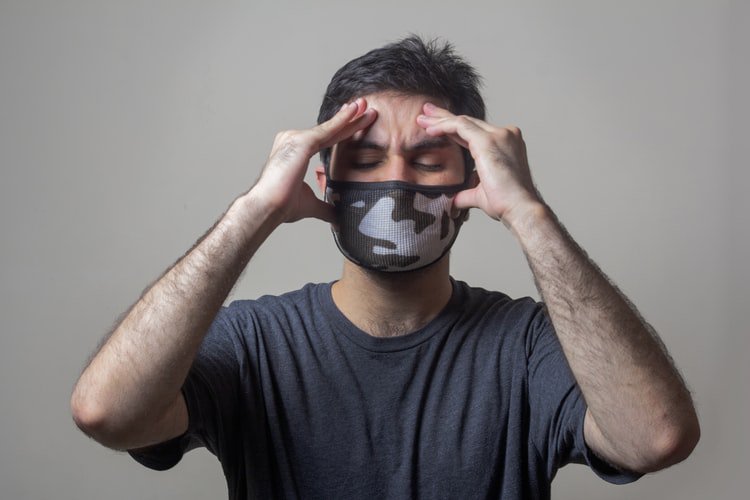With the onset of the pandemic, Covid-19 not just brought SARS-Cov 2 strain but a range of other illnesses and symptoms like, chronic chest pains, 11-day migraine and now, the brain fog.
Doctors in multiple hospitals are attempting to treat the mystery ‘brain fog’ experienced by some people who recover from Covid-19.@ranjanikanth_ @santwana99https://t.co/I4Zze5eji8
— TNIE Karnataka (@XpressBengaluru) October 19, 2020
According to a yet-to-be-published survey by Indiana University School of Medicine has found that more than 50% of over 3,900 people who have recovered from Covid-19 had difficulty in concentrating or focusing. And that wasn’t the only after-effect of Covid-19, more than a third of the patients experienced memory loss, dizziness and confusion, collectively known as brain fog.

Brain fog has largely been observed in several recovered Covid-19 patients and comprises 101 long term and short term physical, neurological and psychological symptoms, often resulting in an inability to manage even day-to-day activities immediately after hospitalisation.

While scientists haven’t been able to pinpoint the exact reason for brain fog, their best guess is that it’s due to “persistent immune activation” after the initial infection subsides, leading to inflammation of the blood vessels or the cells lining the blood vessels.
One of the reasons might be post-traumatic stress disorder (PTSD). Patients often fear that the infection has permanently damaged their brains.

A review of data from the SARS and MERS outbreaks showed that the survivors had heightened risk for PTSD. In the case of COVID-19, the symptoms of PTSD may arise in response to the invasive measures needed to treat the patients, including intubation and ventilation, which can be traumatic for fearful patients.
Other times, delirium causes patients with COVID-19 to suffer hallucinations, and the memory of these terrifying sensations continues to plague the recovered patient.

















